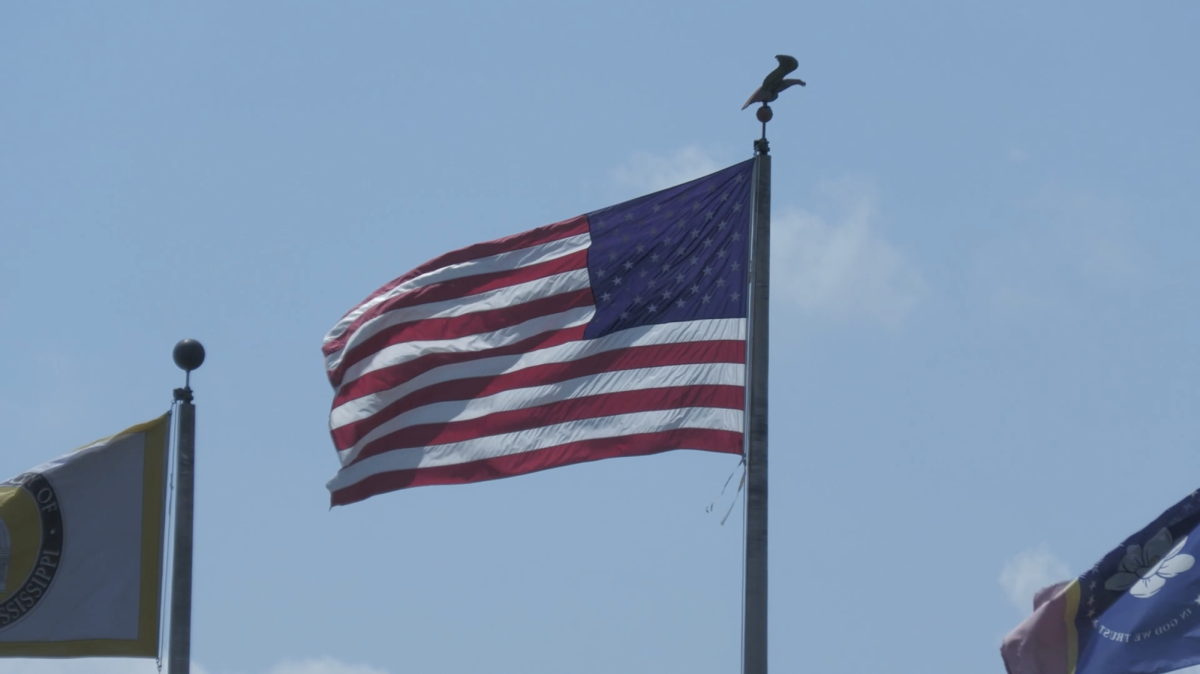Obama went public with his feelings about net neutrality, putting Federal Communications Commission Chairman Tom Wheeler in an uncomfortable position.
On Monday, Obama released a video statement offering his stance on and plans for protecting net neutrality, emphasizing the onus on the FCC.
“The FCC is an independent agency and ultimately its decision is theirs alone,” Obama said. ”But the public has already commented nearly four million times asking the FCC to make sure the consumers, not the cable company, get to decide which sites they use.”
Part of Obama’s plans include reclassifying the Internet under Title II, which would officially render it a telecommunications service and force Internet Service Providers (ISPs) to charge users as if it were a utility.
In a White House statement, the president also asked for “no blocking,” “increased transparency,” “no throttling” and “no paid prioritization.”
The public outcry sparked by the video statement all but demanded a response from FCC Chairman Tom Wheeler, putting him at odds with long-time ally Obama.
According to the Washington Post, Wheeler met with officials from Google, Yahoo and Etsy Monday afternoon, admitting his skepticism of Obama’s plan. Wheeler said he will address the concerns of the public as well as ISPs, such as AT&T, Time Warner and Comcast.
“What you want is what everyone wants: an open Internet that doesn’t affect your business,” Wheeler said. “What I’ve got to figure out is how to split the baby.”
Those attending the event said Wheeler appeared to be “visibly frustrated.” Wheeler, a former lobbyist for the cable and telecommunications industry, said Obama’s plan could be “too simplistic.”
Republican leadership, indifferent on the topic before, has taken a skeptical, if not hostile position on the issue as well.
Moments after Obama’s video, Sen. Ted Cruz (R-Texas) responded in a tweet “Net Neutrality is Obamacare for the Internet; the Internet should not operate at the speed of government.”
Cruz expanded upon that idea on Facebook.
“It puts the government in charge of determining Internet pricing, terms of service, and what types of products and services can be delivered, leading to fewer choices, fewer opportunities and higher prices for consumers,” Cruz wrote, calling net neutrality the “biggest regulatory threat.”
Speaker John Boehner (R-Ohio) blasted Obama’s ideas as just another ploy for more government regulation over business.
“It’s disappointing, but not surprising, that the Obama Administration continues to disregard the people’s will and push for more mandates on our economy,” Boehner said in a statement.
Sen. Marco Rubio (R-Florida) conceded with Boehner’s statement, claiming that applying a Title II classification would “restrict Internet growth and increase costs on Internet users.”
Other members of the GOP referred to Obama’s Title II resolution as “last century’s plan.”
However, Obama’s stance has galvanized much support from the Democratic National Convention.
Many, including Sen. Mark Udall (D-Colorado), Sen. John Rockefeller IV (D-West Virginia) and Sen. Elizabeth Warren (D-Massachusetts), quickly issued statements praising the president’s plan and urging the FCC to adopt it.
“Net Neutrality ensures everyone has a voice on the Internet, and no one can be silenced simply because they can’t afford to pay,” Udall said on his website.
Rockefeller, chairman of the Commerce, Science and Transportation Committee, said in a Democratic press office statement that the FCC should use its “full statutory authority” to uphold net neutrality.
“I join the president’s call for the FCC to preserve net neutrality by using the full scope of its authority, including Title II, subject to appropriate forbearance,” Rockefeller said. “It is now critical for the FCC to act expeditiously, and I know Chairman Wheeler is already engaging all stakeholders for input on how best to move forward.”
Warren tweeted that it is time that the FCC do the right thing and adopt the plan.
Warren, a long-time supporter of open Internet, said that threats to overturn net neutrality is “just one more way the playing field is tilted for the rich and powerful” on her Facebook page in April.
“Our regulators already have all the tools they need to protect a free and open Internet – where a handful of companies cannot block or filter or charge access fees for what we do online,” Warren wrote. “They should stand up and use them.”
The culmination of the publicity leaves Wheeler in a catch-22 situation.
On one hand, Obama would veto any Republican strikes at net neutrality, and the vast public support for it could shed bad light on the FCC; on the other, the Republican-ran Congress could back the FCC into a corner by withholding funding.
Companies such as Verizon also threaten further lawsuits if Title II regulations are implemented. In the company’s policy blog, General Counsel Randal Milch said such proceedings would “fairly guarantee litigation.”
One thing is for certain: the ball is in Wheeler’s court, and Obama will not back down.
“Americans are making their voices heard and standing up for the principles that make the Internet a powerful force for change,” Obama said.
“As long as I’m president, that’s what I’ll be fighting for too.”





























